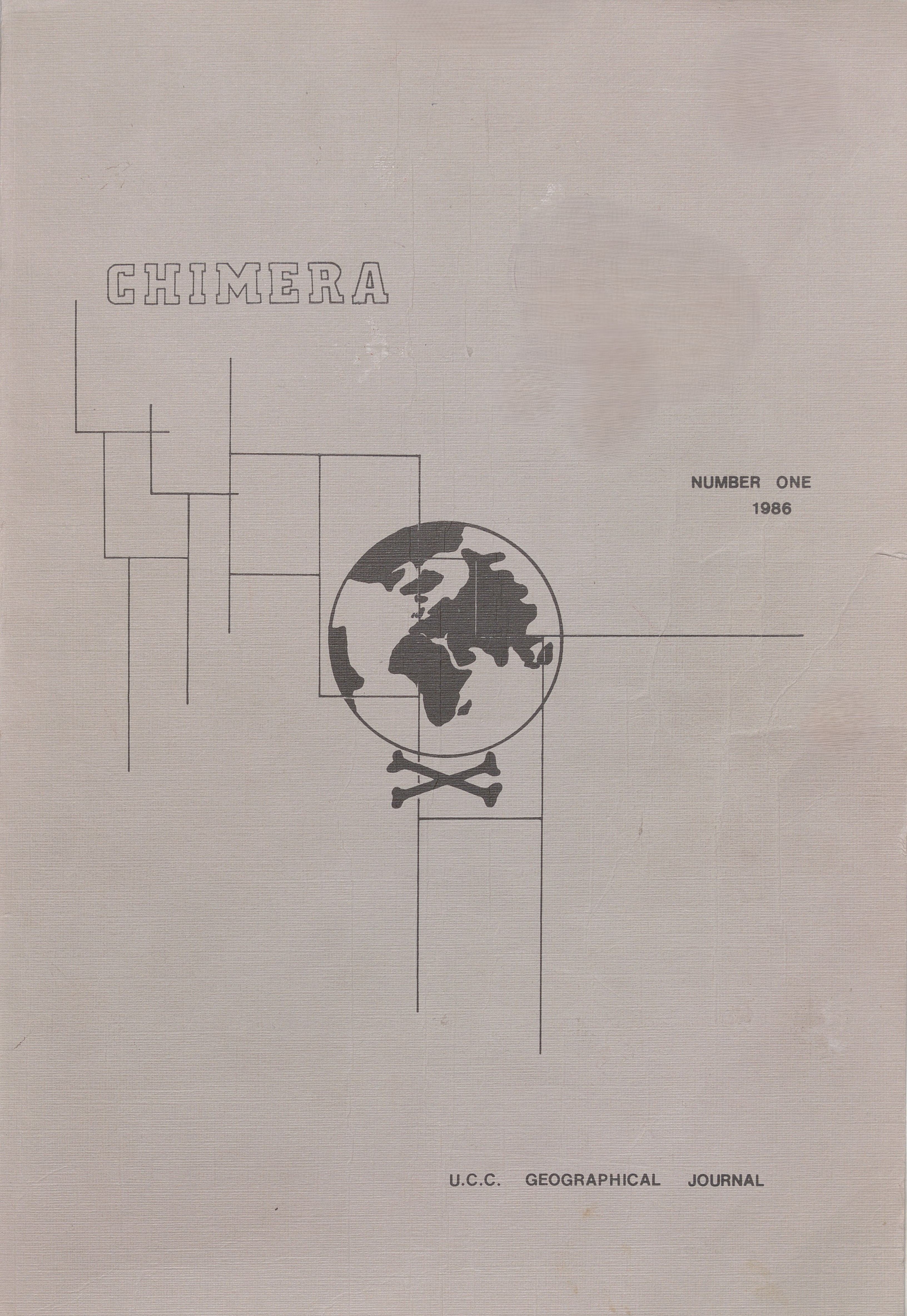Ideology in Geography
Keywords:
idelogy, social class, historyAbstract
Much of late nineteenth and twentieth century geography is nothing less than the ideology of dominant social classes in disguise. To understand why this is so, there is a need for a historical evaluation of academic geography. Questions must be asked concerning the origins and aims of the discipline. More importantly, who become geographers and what did they achieve?
Geography as a discipline was institutionalised in the Victorian era. Previous to this, many scholars working in such fields as botany, natural history and zoology had interested themselves in geographic distributions of their subjects of study, but it was not until the great colonial expansion of the late 19th and 20th centuries that the value if the map and distributional information was realised. The colonial powers, realising how beneficial geographic work in their established and prospective colonies would be in enabling them to increase their exploration of these countries, readily funded the emergent discipline of geography and encouraged their geographers to do research overseas. The role that geography played in the spread of colonialism cannot be underestimated. Mabogunje, writing in 1975, stated that “the geographical profession played a not inconsiderable role in directing national efforts and consciousness towards colonial expansion”.
References
Caponya and Tompkins (eds.). The Essential Kropotkin. 1975.
Grano, Olavi. “External Influence and Internal Change in the Development of Geography” Geography Ideology and Social Concern. (D. R. Stoddart ed.)
Gregory, Derek. Ideology, Science and Human Geography. 1978
Jones, Emrys (ed.). Readings in Social Geography. 1975.
Kropotkin, P. “What Geography Ought To Be”, 1899. “The Nineteenth Century”, Vol. 18, 1985. Open University. Values, Relevance and Policy. Section III of the course. ‘Fundamentals of Human Geography”. 1977
Peet. R. Radical Geography. 1977
Stoddart, D.R. “Darwin’s Impact on Geography”. A.A.A.G., Vol. 56, 1966, pp. 683-698.
Wallerstien, I. The Modern World System, Vd. I, 1974.
Hudson, Brian. “The New Geography and the New Imperialism” Antipode. Vol. 9, No. 2, September
Rowley-Conway, Peter. “Sedentary Hunters: The Ertebolle Example” in Hunter-Gatherer Economy in Pre-History (Ed. G. Bailey.) 1982.
Lee, Richard B. (1968). “What hunters do for a living, or how to make out on scarce resources”. Man The Hunter (ed.) Richard B. Lee and Irven Devore. Aldine, Chicago.



